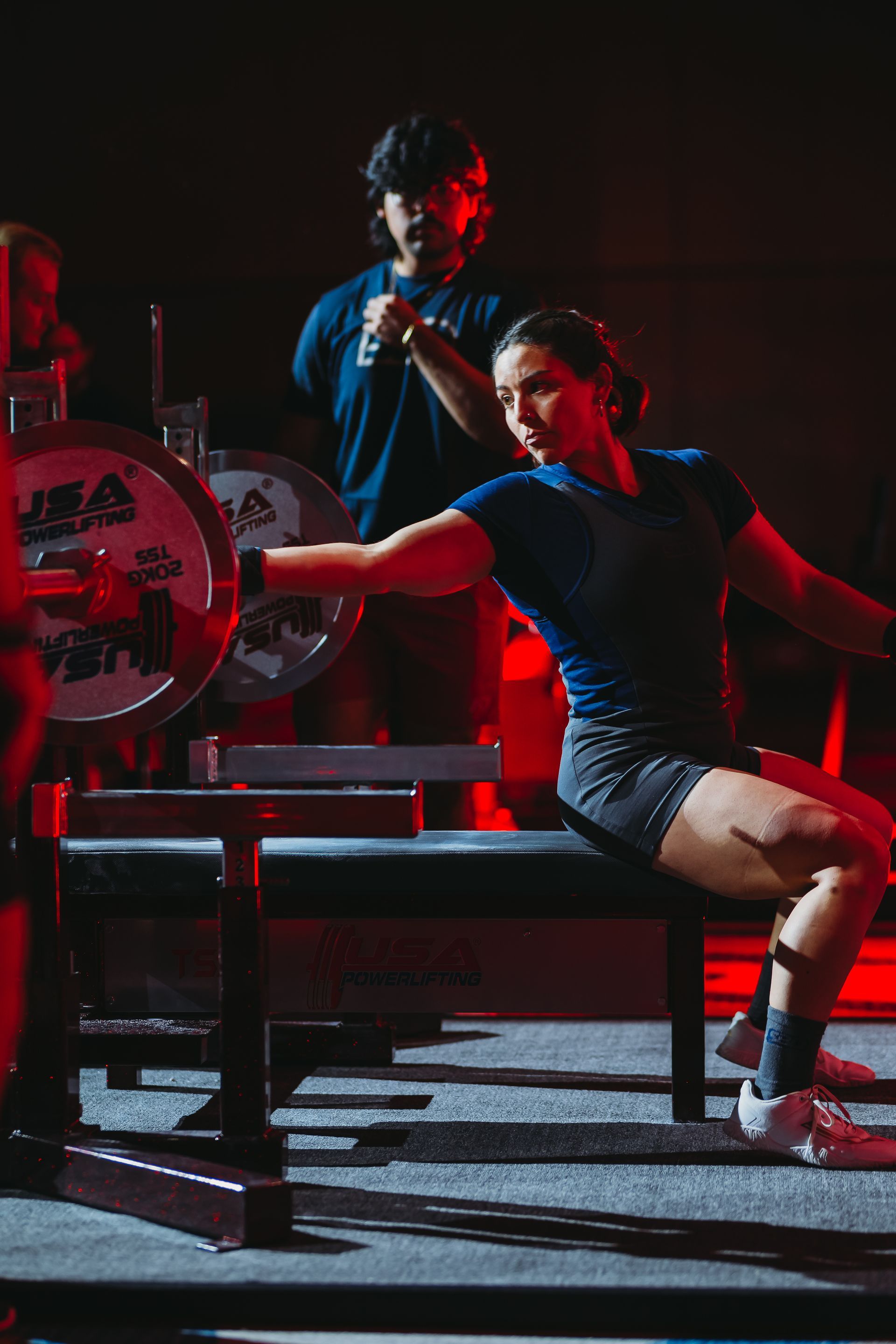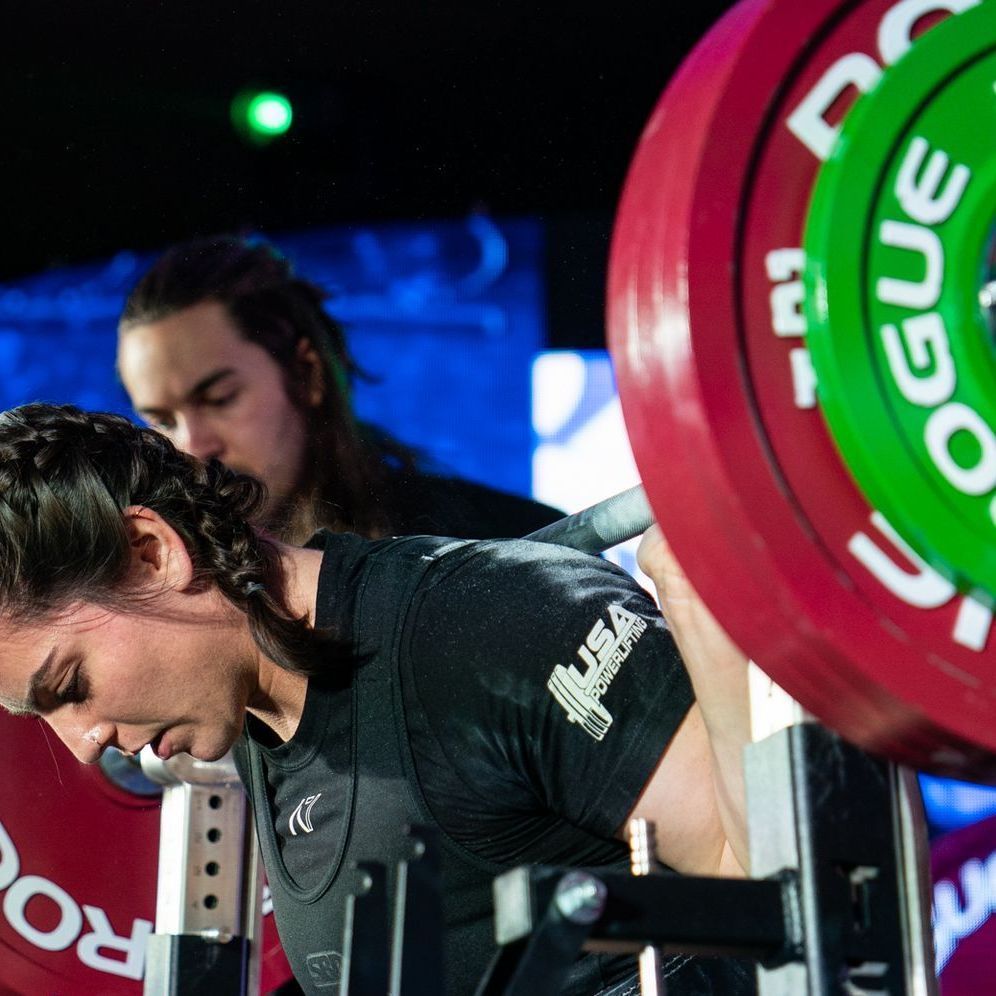BDA Coaching Blog
Is Fatigue Management Necessary?
Gabby Martinez • August 21, 2023
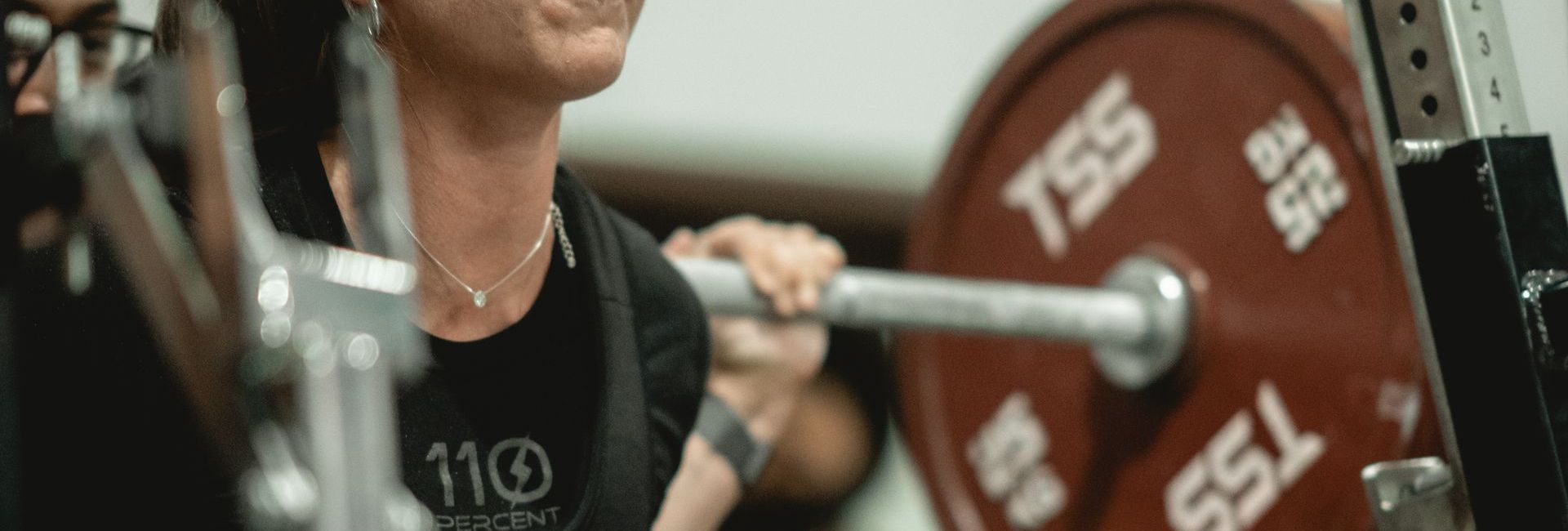
Fatigue Management. What is it?
Fatigue in an academic sense is essentially the loss in performance due to exercise and non-exercise induced stress factors. Fatigue management is the strategy of attempting to minimize these losses in performance while still being able to induce sufficient stimuli for progress. Be it for resistance training, endurance training, mobility, etc. We are all familiar with the person that walks into the gym and hit an RPE 8-10 set (or even to failure) every single session for weeks on end regardless of what their coach has programmed in an effort to push their top end strength year round. Is that person jeopardizing their gains? Is fatigue management necessary, or are coaches just looking for ways to control their athletes?
It depends.
My Theory.
When looking at the more recent literature in this area (Schoenfeld et. al., 2017), progress is often also reported in the group that trains to failure regularly compared to other groups when lookin at solely strength outcomes depending on the modality in which testing is conducted. This seems so different to what most coaches I know tend to teach, which is that regular high loads are detrimental to long term gains. There is potentially a reason for this. In those studies, many of the participants in the study are not well trained individuals. So, there is a chance that these people are experiencing "newbie gains." However, I'm aware that even in some instances, they are trained individuals and are still showing progress. This is in conflict with what I anecdotally understand about fatigue. Personally, I will never finish a block if I start my block off "too heavy." This principle never fails. Regardless of what fatigue management strategy I try. Knowing what some literature suggests and what I know for myself, there's clearly some piece of the puzzle missing. And I believe that is the metal arousal portion of lifting.
The mental arousal we all experience prior to attempting a PR. That drive and energy that we often feel at meets. In research, the scientists working with participants are likely creating a similar and supportive/motivating environment for every single session required for the study. I don't believe this is something that is regularly reported when conducting research, but it should be done in a way that remains consistent through the entirety of the setting. Which may not always be realistic in practical application. In my home gym, I'm not going to blast music full blast, set up strobe lights, and have a couple dozen of my closest friends there to cheer me on for an RPE 7 single to start my block off. The mental arousal is something that everyone needs to learn how to channel for themselves.
When there is a lack of mental arousal, this is where fatigue tends to pop up based on my own experience. When I have outside stressors (school, work, family, poor sleep/nutrition, etc.), my own RPE scale will tend to shift and I often fail to recognize this shift and adjust appropriately. Things feel heavier than they "should," and it can put me in a negative headspace that jeopardizes the rest of the block. This is where I think a lot of people also relate. It may not necessarily be that the physical capacity is decreasing, but performance is still diminishing. Which can lead to people attempting to push through and hit weights they expect to move a certain way. And that can leave a door open to injury that otherwise may not be as obvious. Training at higher intensities for a few weeks really shouldn't lead to any more fatigue than low load training, but we don't always see that in real world application as powerlifters.
What can we do?
This is where having a coach to help you navigate all of the different fatigue management strategies can come into play. A coach's main job is NOT to simply have the right answer right away (even though we all would love to). A coach's job is to problem solve with you as lifters and their progression will always continuously evolve. There are so many tools available for the powerlifting coach these days. You can go with a more popular approach with a heavier single year round, but lower load working sets to offset or even prime certain lifts. Variations are another really popular way to lower loads while still increasing adaptations. The variation lifts will usually be lower in weight than a competition version of the lift, which can take load off the body while still being able to train at higher intensities. I personally love to utilize variations and have a few that are my go-to for certain lifters. Such as low pause deadlifts for sumo pullers or grip variations for the bench press. Other tools, such as ascending sets or primer sessions are also used. I tend to favor descending working sets after heavier load singles in preps as a way to manage breakdown in myself since I like to use a percentage based drop for working sets after a top single.
No matter what you and your coach decide, just know that there's usually not a "best" way. There are many strategies that will work for some, but not others with the same situation. And this is even true for the same lifter at different times. Sometimes you just need to narrow it down to a few options that make the most logical sense and try a few out until you find the right solution for whatever your situation is. Some people are just naturally better at tolerating high loads consistently than others, and that's more than okay and normal.
And, the great thing about fatigue management is that if one strategy doesn't work well, there are always other strategies. And don't be afraid to try something different!
References:
Schoenfeld, Brad J.1; Grgic, Jozo2; Ogborn, Dan3; Krieger, James W.4. Strength and Hypertrophy Adaptations Between Low- vs. High-Load Resistance Training: A Systematic Review and Meta-analysis. Journal of Strength and Conditioning Research 31(12):p 3508-3523, December 2017. | DOI: 10.1519/JSC.0000000000002200
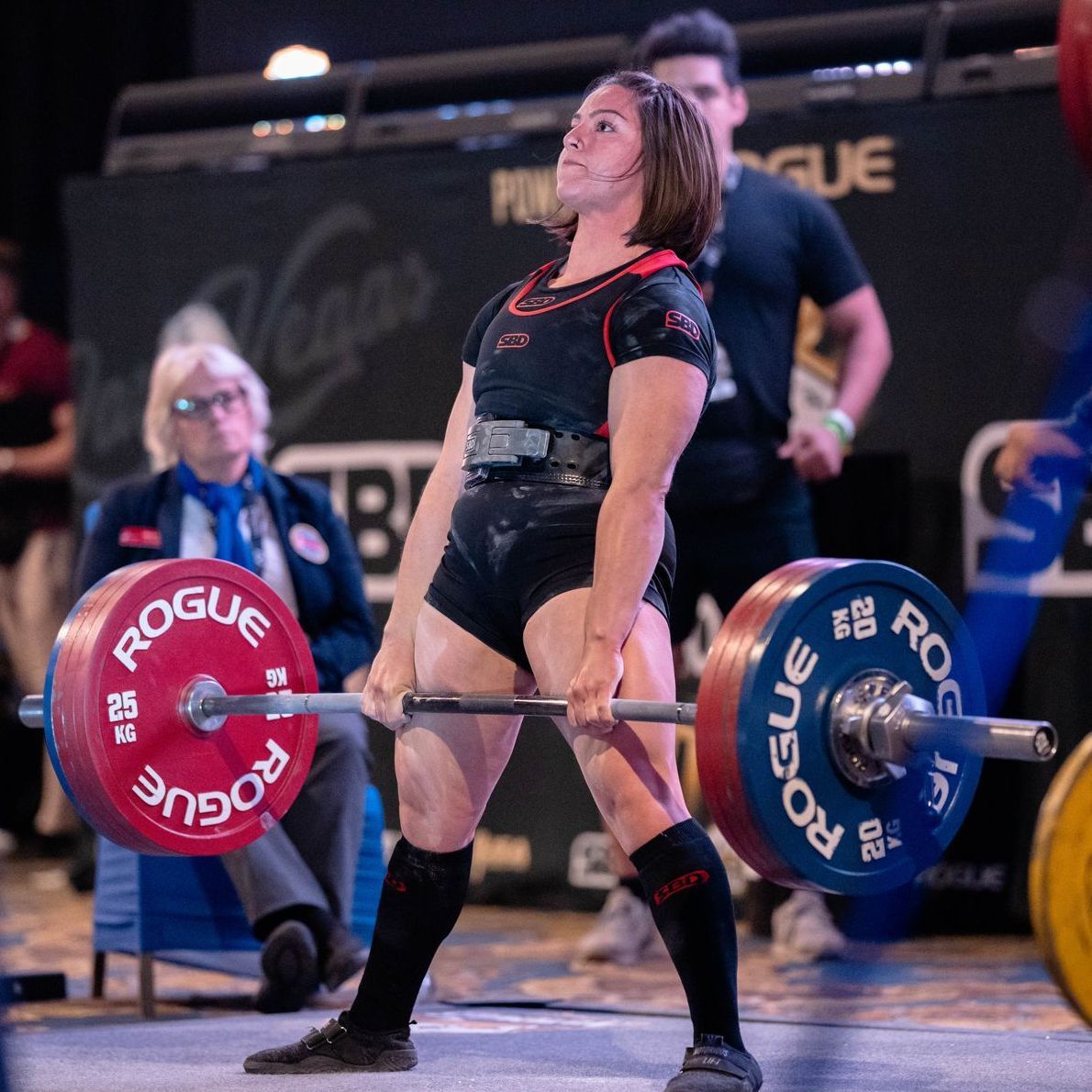
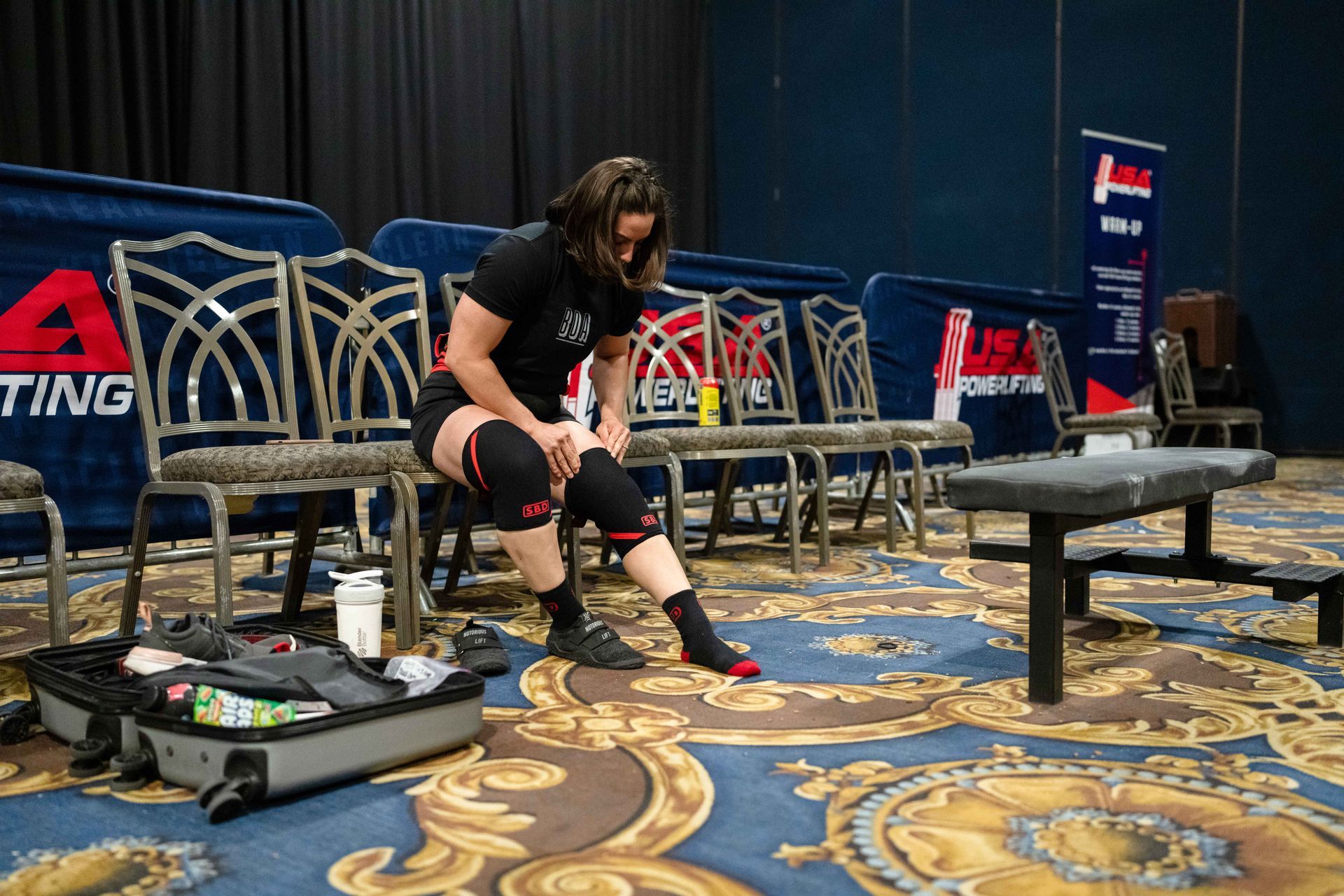
a b c d e f g h i j k l m n o - Do not remove from template!!! it is important to support different fonts


